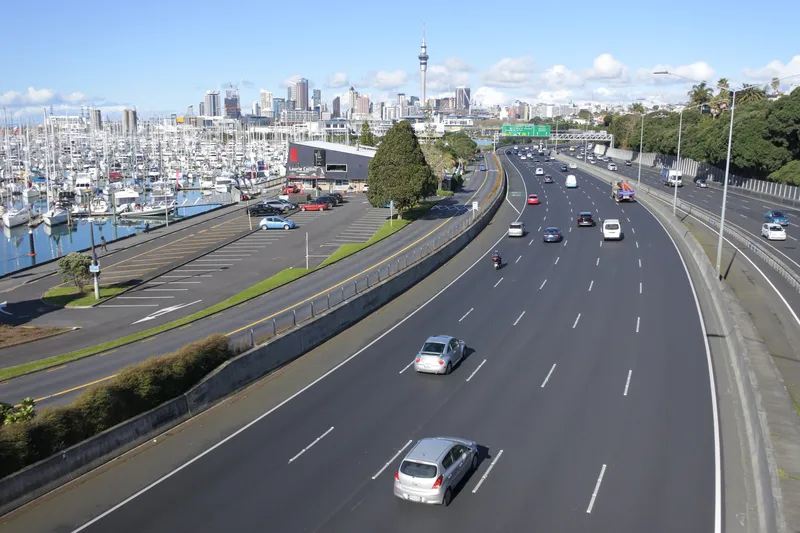
UK Conservative prime minister Rishi Sunak has dismissed what he calls "hare-brained schemes" such as 20mph speed limits and low-traffic neighbourhoods.
"Hare-brained" is a colloquial English term meaning 'foolish' or 'impractical'.
Sunak adds: "For too long politicians have focused on the short-term decisions with little regard for the long term impact on hardworking families."
"We’ve seen this consistently with people’s freedoms on transport. The clamp down on drivers is an attack on the day-to-day lives of most people across the UK who rely on cars to get to work or see their families."
"This week the UK government will set out a long-term plan to back drivers, slamming the brakes on anti-car measures across England. We are taking the necessary decision to back the motorists who keep our country moving," Sunak added.
His comments come as the UK government has announced what it calls a "new long-term plan to... support drivers and put the brakes on anti-car measures".
It will review 20mph speed limits in England to prevent "blanket use" and amend guidance on low-traffic neighbourhoods "to focus on local consent".
Wales, which is part of the UK but makes its own decisions on transport policy and has a Labour first minister, has already introduced 20mph default limits in residential and built-up areas - a policy which the ruling UK Conservative party has described as "absolutely insane".
Welsh local authorities are still free to keep such roads at 30mph if they decide they should be exceptions.
The Conservative party is consistently behind in polls ahead of a general election which will come before January 2025 and is likely to be in around a year's time, in autumn 2024.
Sunak's comments have been widely interpreted as a pitch for the votes of drivers as the Conservative party holds its annual conference in Manchester.
The UK government's new plans are designed to "ensure people have the freedom to drive as they need to in their daily lives".
The Department for Transport (DfT) statement also explicitly states that it will stop councils implementing 15-minute city measures, "by consulting on ways to prevent schemes which aggressively restrict where people can drive".
It also pledged to "strengthen guidance to make sure bus lanes only operate when necessary".
Despite this, the government says it will continue to invest in public transport and active travel - although in March it cut active travel funding by two-thirds from £308m to £100m for the next two years.
Transport secretary Mark Harper says: "Too often the private car is vilified when it has been one of the most powerful forces for personal freedom and economic growth. That’s why the government is taking the long-term, necessary decision to back the motorists who keep our country moving."
"We’re introducing a plan to ensure drivers can enjoy smoother journeys, park more easily and no longer face unfair and oppressive traffic enforcement measures."
"Our plan will sit alongside our continued investment in public transport and active travel as part of a package of measures designed to help people travel in the best way that works for them," Harper says.







